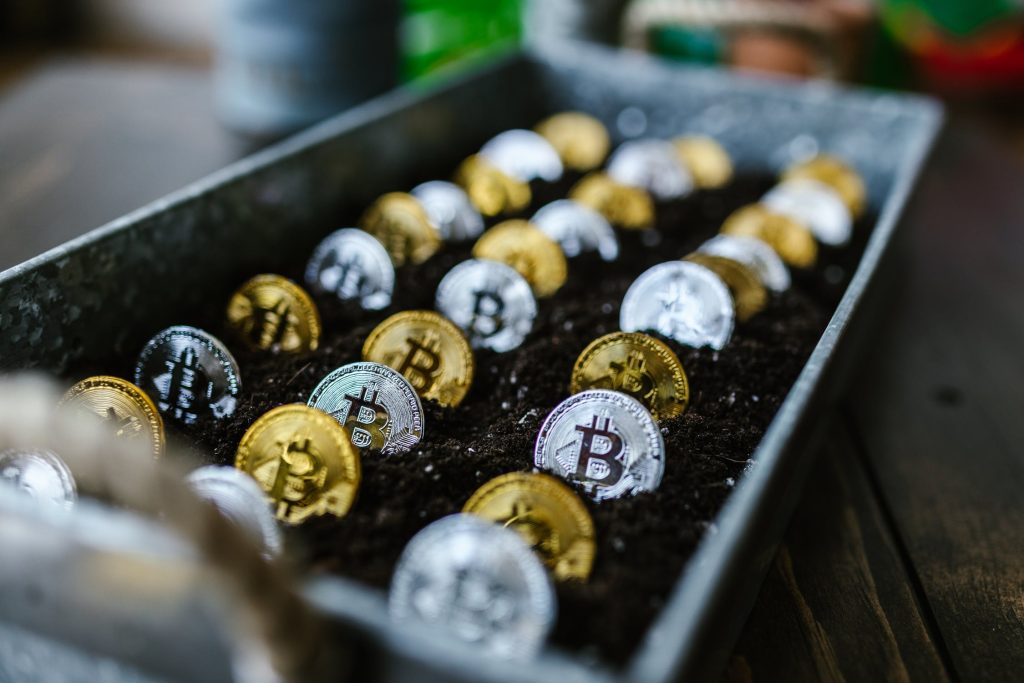
You came to the right place if you want to learn more about cryptocurrency, particularly Bitcoin mining. Earnity’s industry experts, Domenic Carosa and Dan Schatt, briefly explain Bitcoin mining in this article.
What is Bitcoin mining?
Bitcoin mining refers to creating a new bitcoin by solving puzzles. It consists of computing systems outfitted with specialized chips that compete to solve mathematical problems. The first system to solve these puzzles wins the bitcoin. Additionally, the mining process confirms and verifies transactions on the cryptocurrency network.
For a short time after its launch, miners used desktop computers equipped with standard central processing units (CPUs) to mine Bitcoin. However, the procedure was extremely slow. Now, large mining pools spread across many geographies generate cryptocurrency. In addition, Bitcoin miners pool mining systems that consume massive amounts of electricity to mine the cryptocurrency.
Is Bitcoin mining terrible for the environment?
Domenic Carosa and Dan Schatt from Earnity point out that although many might consider Bitcoin mining harmful to the environment, this belief mainly applies to areas where electricity comes from fossil fuels. Fortunately, many bitcoin miners have relocated their operations to locations with renewable energy sources to reduce Bitcoin’s impact on climate change.
Just as gold is extracted from the earth using large implements and machines, bitcoin mining employs large systems resembling data centers. Similarly, specific systems solve mathematical puzzles generated by Bitcoin’s algorithm to create new coins.
What do Bitcoin miners do?
Bitcoin miners make the cryptocurrency’s network more trustworthy by verifying transaction information by solving computational math problems. They validate 1 megabyte (MB) of transactions, a single block’s size. These transactions can theoretically be as tiny as one but are more commonly several thousand in number, depending on how much data each transaction stores. Verifying Bitcoin transaction data is done primarily to prevent double-spending. Because someone can easily replicate digital information, there is a risk that a spender will make a copy of their bitcoin and send it to another party while keeping the original.